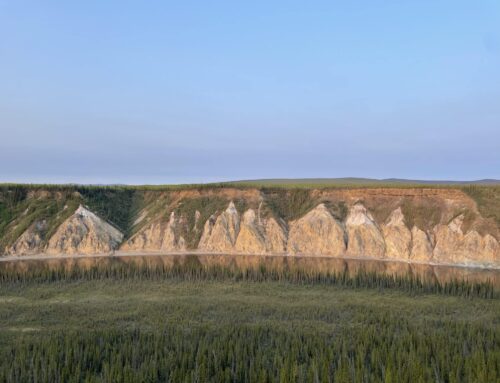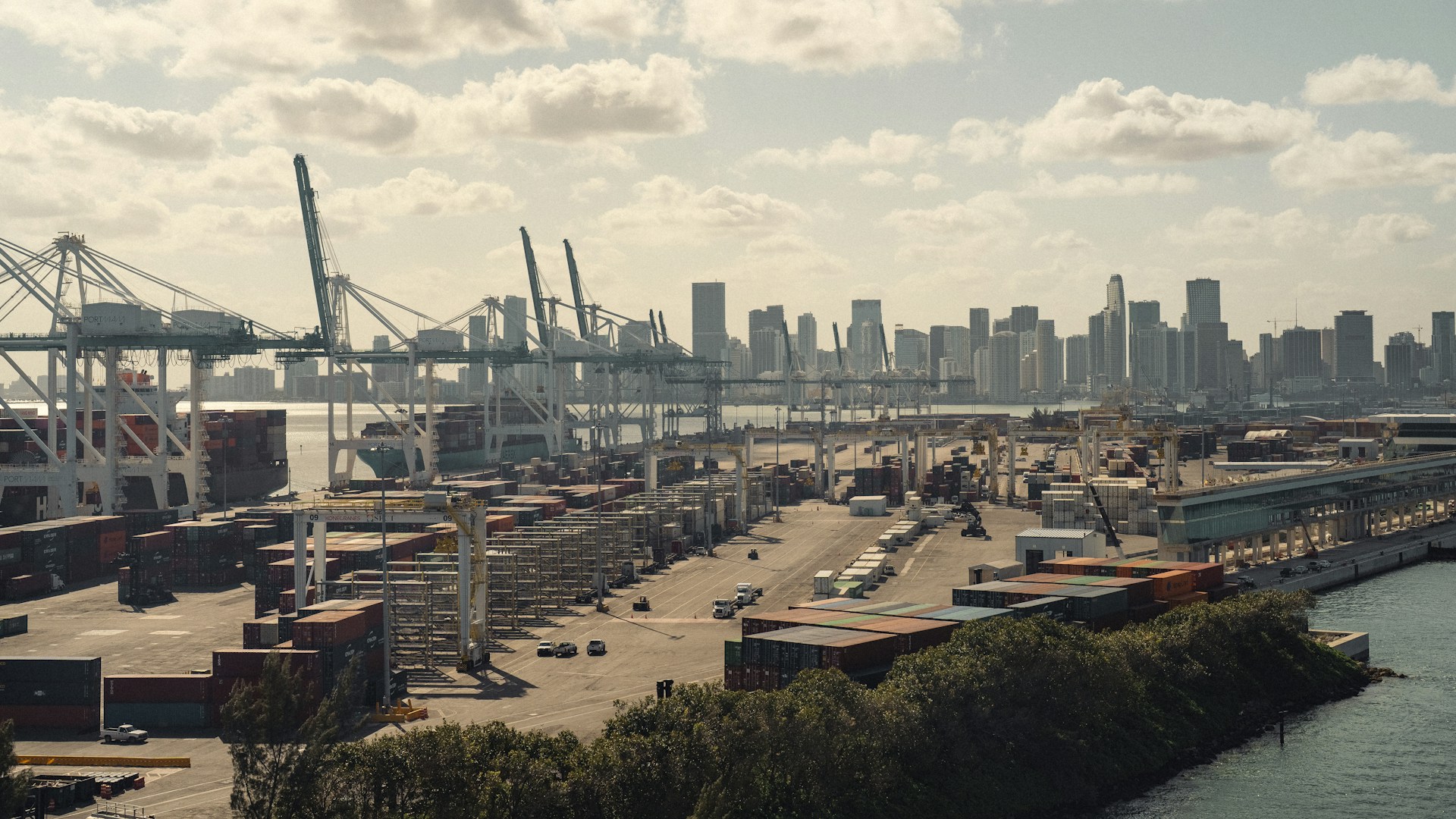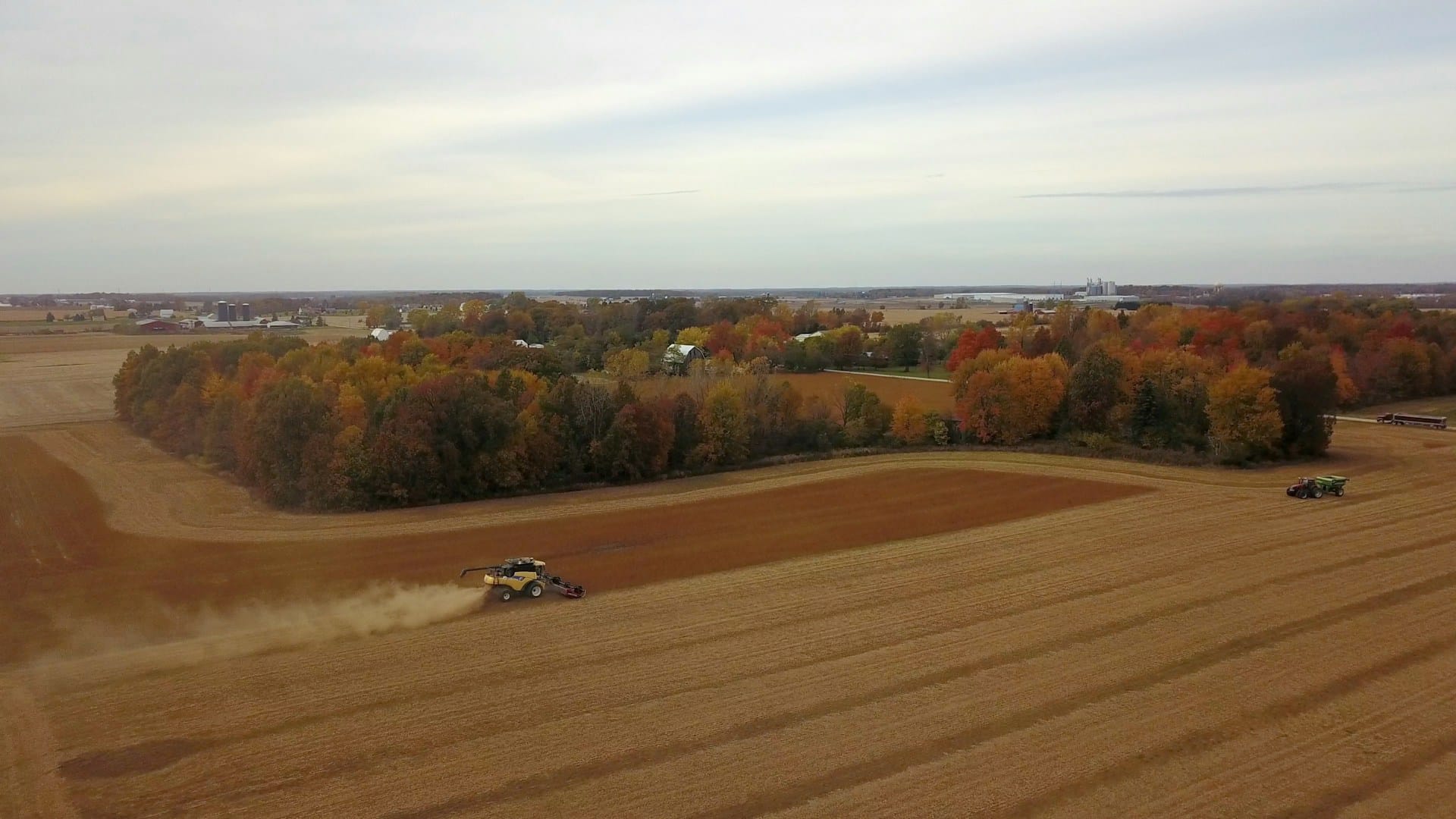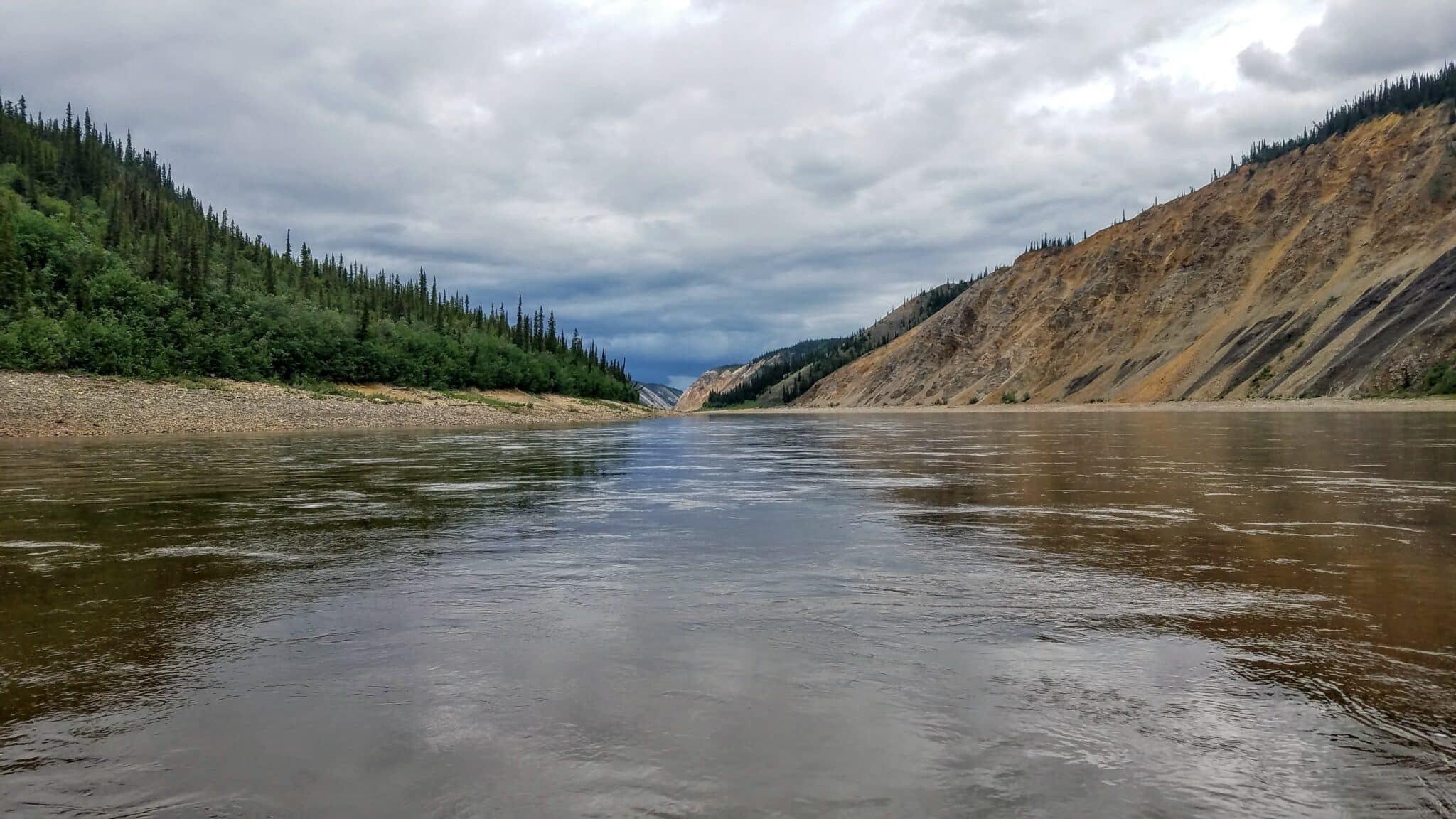Logging in the Tongass National Forest has long been the focus of environmental activists, but now the money spent by the U.S. Forest Service to complete timber sales has caught the attention of federal budget watchdogs.
In an analysis of 20 years of Forest Service data, Taxpayers for Common Sense say that timber sales in the Tongass have resulted in a net loss of nearly $600 million over the last two decades when adjusted for inflation.
“It’s a lot of administration and execution and planning and processing that has to happen at the Forest Service, and we’re not just getting the price per board foot to compensate and bring in the revenue for those receipts generated from the sales to cover those costs,” said Autumn Hanna, vice president of Taxpayers for Common Sense, an independent, non-partisan budget watchdog organization.
The Tongass National Forest is not the only example of below-cost timber sales, and Taxpayers for Common Sense is not the only organization that has critiqued the Forestry Service for it’s timber sales program.
As early as 1984, the U.S. Government Accountability Office identified that although timber was sold at or above appraised value, some sales did not generate enough revenue to cover the cost of making sales. The GAO found that the shortfalls in Forest Service timber sales totaled at least $155 million dollar in 1981 and 1982.
The newest data analyzed indicates that the USFS lost $17.7 million on timber sales in the Tongass in 2018.
“We’re not trying to pick on Alaska. This is really about a federal resource. These are national forests, we all own them. We look across the federal budget. We look for waste, fraud and abuse, and this is clean cut waste,” Hanna said. “We’re not against timber harvest when it makes sense, but this isn’t selling our natural resource. This is giving it away.”
While Hanna says the existing Forest Service’s timber sale program needs reform, she says a potential rule exempting Alaska from the 2001 Roadless Area Conservation Rule could lead to even more money-losing sales.
“There are a lot of costs that go into these timber sales, one of which is roads. Taxpayers almost fully subsidize, in most cases, the roads for these timber sales. So if you start looking at the proposal on the table to exempt Alaska from the Roadless Rule, you start looking at a lot more expense from sales that could be put on the table,” Hanna said. “We have seen some of the Forest Service estimates for sales in these roadless areas, and we know that the costs are much higher. The estimates for the roads in those areas can be double the costs of an areas that not in the roadless.”
Channel 2 News reached out to both the U.S. Forest Service and the Alaska Forest Association regarding Taxpayers for Common Sense’s claims. Neither have granted an interview request nor provided comment.











Get Social